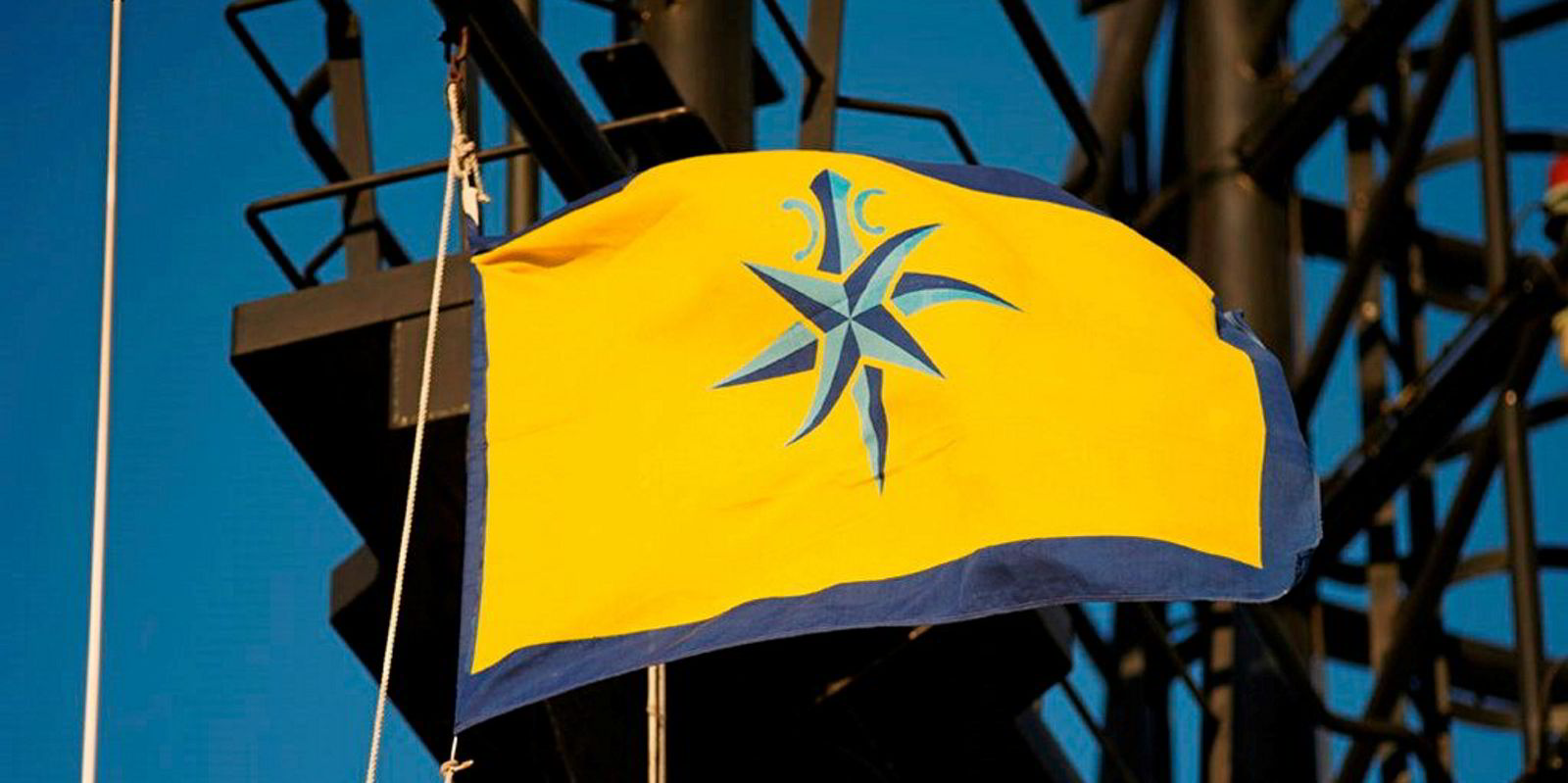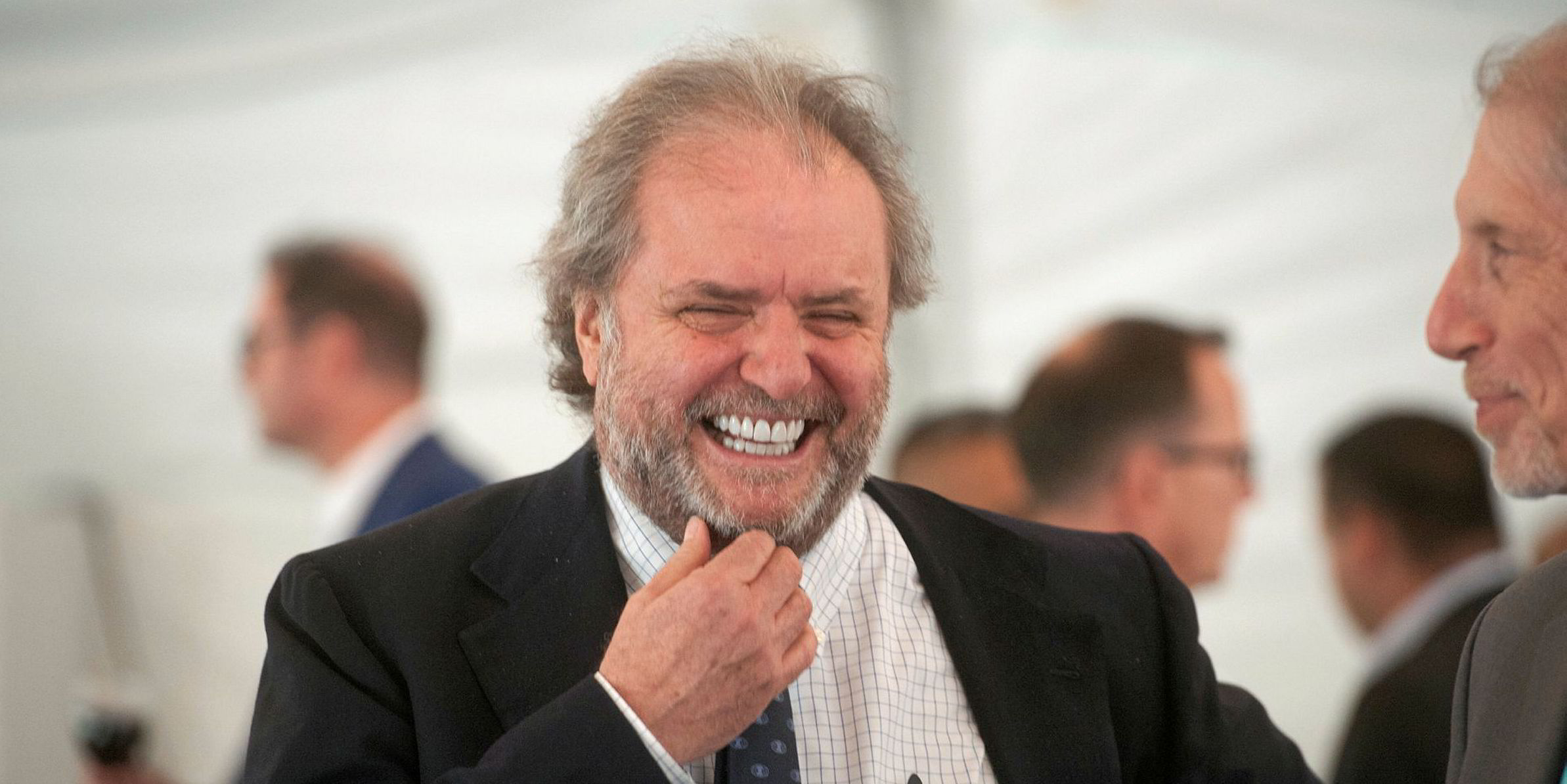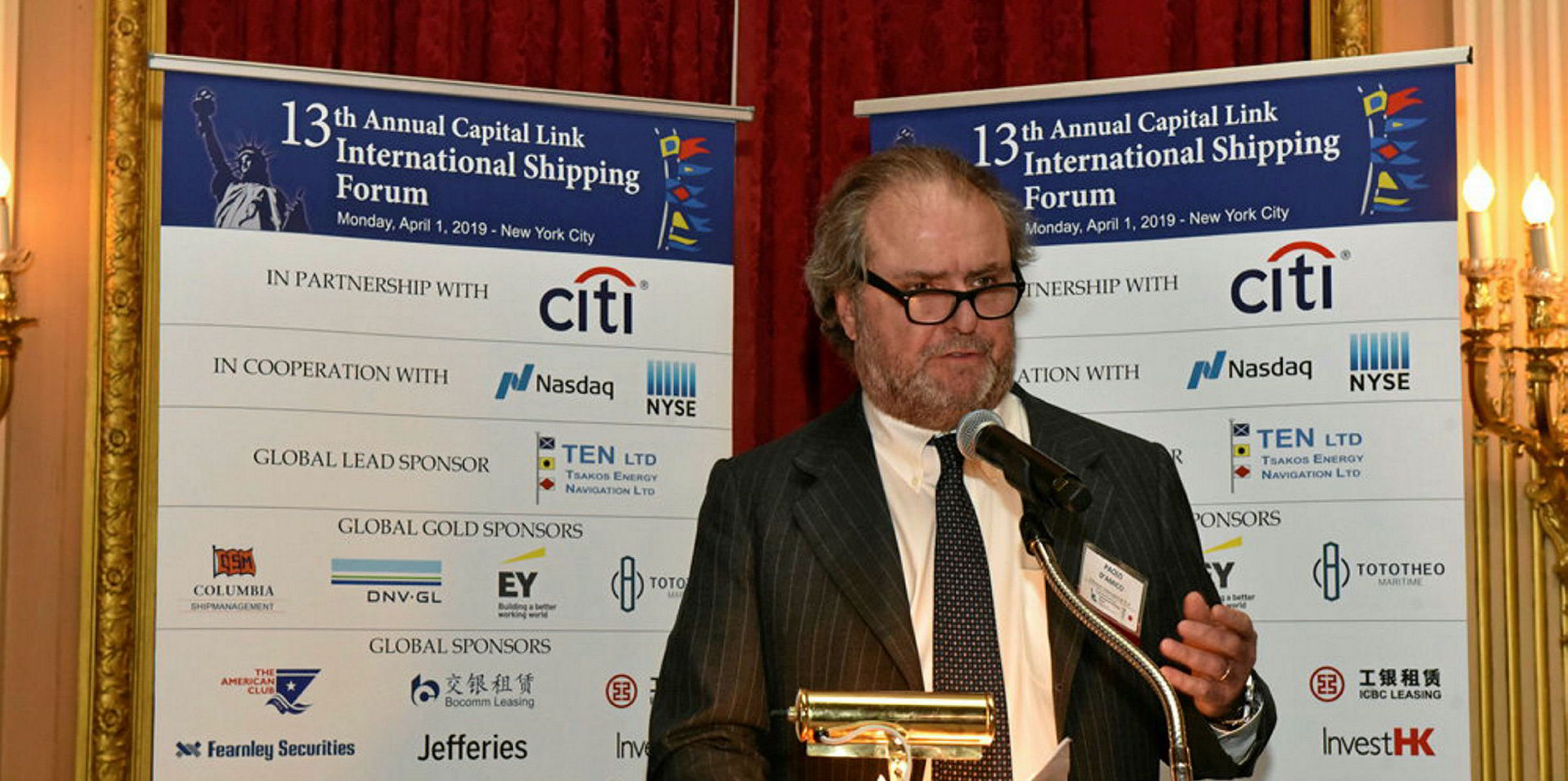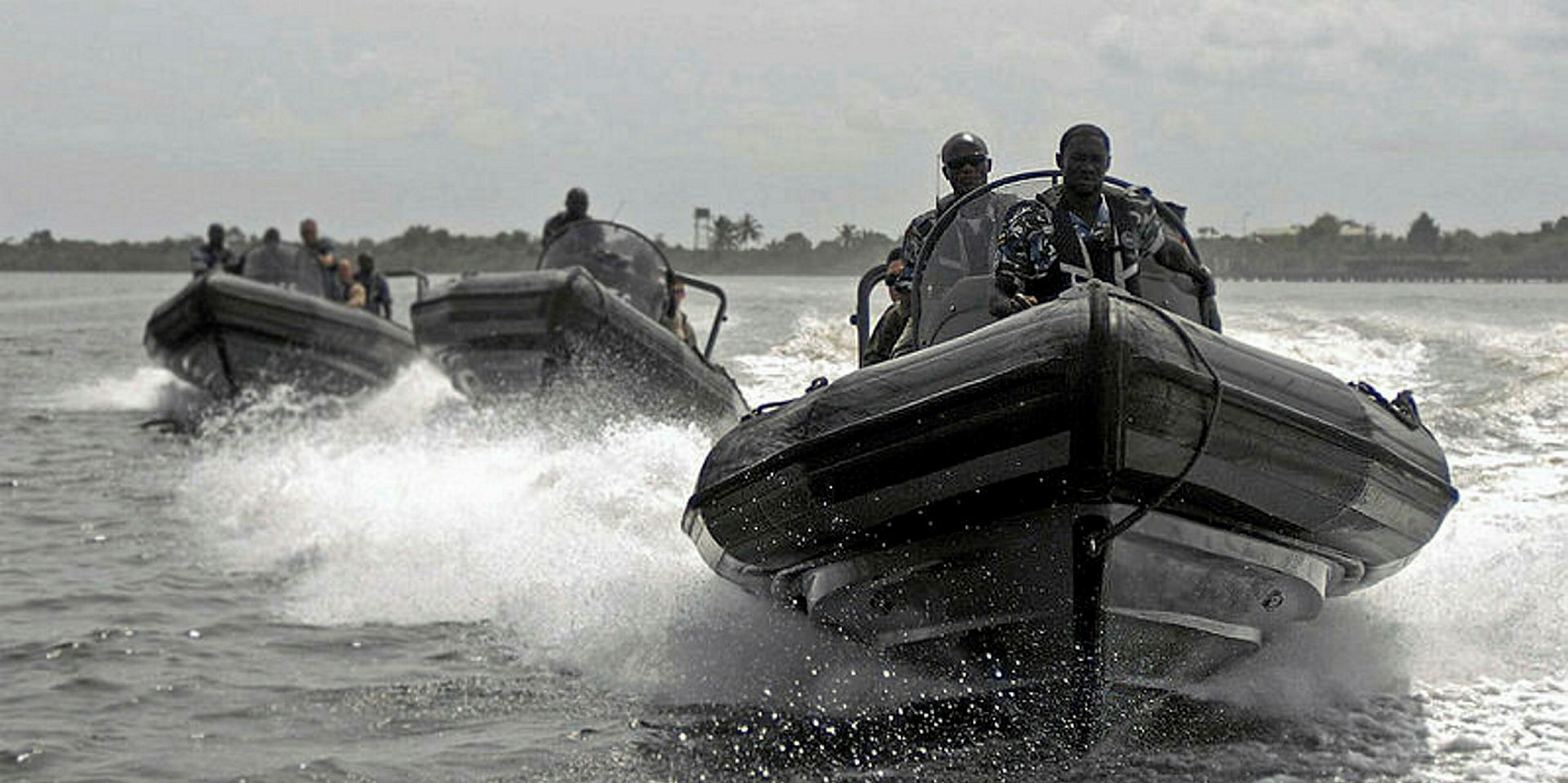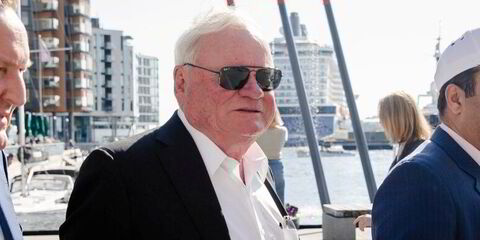d’Amico International Shipping (DIS) plans to buy back some vessels earlier sold in leaseback deals, in an attempt to reduce costs amid weak market conditions.
The Milan-listed operator of some 40 LR1, MR and handy product tankers has amassed a decent pile of cash from ship sales and freight earnings between January and September.
But company executives forecast strong near-term headwinds due to the second wave of coronavirus pandemic.
“Our priority is to deleverage,” DIS chairman and chief executive Paolo d’Amico told TradeWinds. “We’ll use our cash to declare some options on ships we did in leasebacks in the past.”
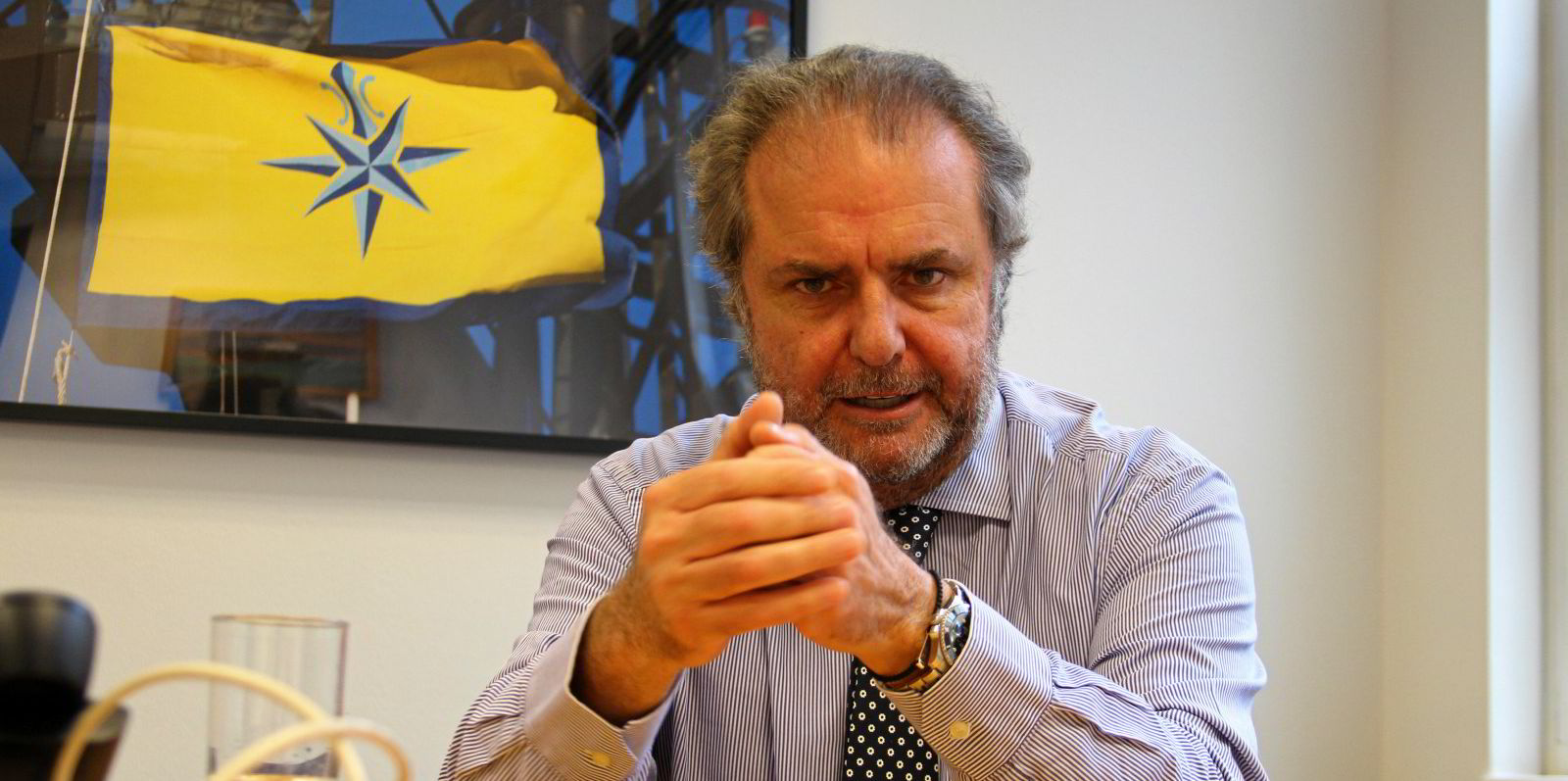
DIS, part of Italian family-owned business d'Amico Societa di Navigazione, has sold one LR1 and eight MRs to Japanese and Norwegian firms and has chartered them back on bareboat terms with buyback options.
Six of the nine options can already be exercised and another will be in December.
As an initial step, the company will buy back two ships before 2021, said d’Amico.
“[This is] to bring down our financial costs, to deleverage on these two ships.”
Strong cash inflows
DIS reported cash reserves of $59.3m as of 30 September, up from $33.6m at the end of last year.
The increase was partly due to healthy cash inflows from vessel operations, as DIS enjoyed stronger net results for the first nine months of the year due to higher charter rates.
The company recorded a net profit of $15.6m versus a net loss of $32.2m for the same period of 2019. Time-charter equivalent (TCE) earnings rose to $204m from $186m.
Moreover, DIS has so far this year sold the 38,877-dwt Cielo di Guangzhou (built 2006), the 46,975-dwt High Courage (built 2015), the 51,303-dwt High Progress and High Performance (both built 2005).
It has also divested its 50% stake in the 46,147-dwt Glenda Meredith (built 2010).
When all the ships are delivered, those deals will generate net cash of about $43.6m.
“The idea is to offload vessels of around 15 years old. We still have three of them,” d’Amico said. “When we are going to do it is very opportunistic.”
According to the company’s fleet list, DIS owns the 46,975-dwt High Valor and High Courage (both built 2005) and the 51,087-dwt High Venture (built 2006).
While tanker spot earnings have been in the doldrums in recent months, secondhand prices in some segments remain resilient.
Data from VesselsValues shows the price of a 15-year-old MR has fallen by less than 5% since the beginning of April.
“If we see a good price for selling our ships, we will do it,” d’Amico said.
Strong period coverage
Cushioned by some time charters fixed when the market was strong, DIS posted a net loss of just $1.7m in the third quarter. Its net loss amounted to $8.2m in the corresponding period of 2019.
TCE earnings decreased to $54.1m to $59.8m due to a smaller fleet.
“Throughout the year and particularly in the third quarter, DIS clearly benefited from its long-term commercial strategy of maintaining a high proportion of fixed-rate contract coverage,” d’Amico said in a quarterly report.
The company had 63% of its available vessels days in the third quarter covered by time charters, compared with 51.5% in the same period of 2019.
Its fleet’s daily spot TCE collapsed to $12,866 in the third quarter from $25,118 in the second, but the average daily rate for those on period charters only marginally decreased to $16,038 from $16,236.
For the fourth quarter, DIS has so far covered 58.4% of available vessel days at an average of $16,272 per day.
The company has since July extended the period charters for three of its LR1s by three to six months and one by two to four months. Earlier this month, DIS renewed the charter for one of its MRs for 12 to 24 months at $14,500 per day.
“Charterers, when using our ships, they want to keep using them,” d’Amico said.
Separately, DIS chartered the 50,800-dwt Green Planet (built 2014) from Aegean Shipping for three firm years and one optional year.
Worries from second wave
With the second wave of the coronavirus pandemic hitting Europe and the US, d’Amico has forecast continued weak market conditions for product tankers in the short term.
“A new wave of Covid-19 is spreading across several parts of the world, with many European countries adopting strict containment measures,” he said.
“This situation creates some obvious headwinds for the product tanker market in the near term. In fact, these developments will negatively affect oil demand and are likely to postpone the freight market recovery.”
In its latest monthly report, the International Energy Agency revised down its forecast of global oil demand by 1.2m barrels per day (bpd) for this quarter and 700,000 bpd for next quarter.
There have been reports of successful Covid-19 vaccine trials, but mass vaccination is not expected until well into next year.
“I am truly hopeful a vaccine against Covid-19 will be available in the coming months, solving once and for all this terrible health crises and putting the world economy as a whole and our industry back on track,” d’Amico said.
